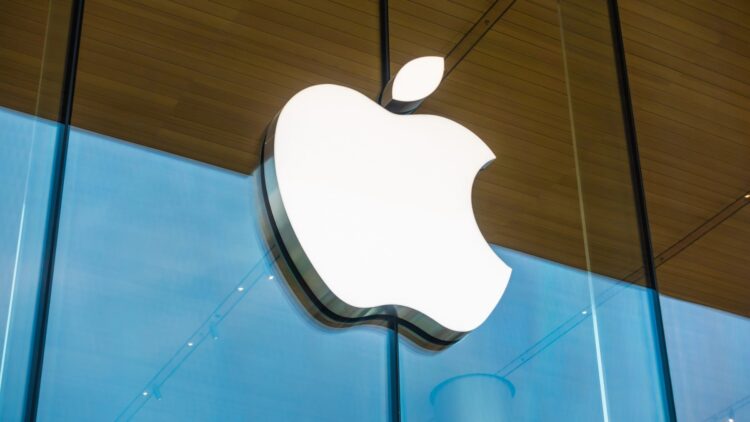The tension between Apple and the European Union is highlighted due to issues surrounding the Digital Markets Act (DMA). Apple argues that the rules stipulate risk user privacy and also reduce the overall quality of the experience, while the European Union reinforces the importance and necessity of the legislation as a measure to increase competition and offer diverse options to consumers. The fact is that regulation of the digital sector is becoming a source of disagreement between private companies and government authorities.
Apple claims delays and risks increase with new requirements
In practical terms, the DMA allows major digital market companies like Apple to open their ecosystems to other developers and services. This means, for example, allowing alternative app stores and accepting payment methods that don’t go through the company’s official system. For the European Commission, responsible for regulation, this encourages competition and prevents monopolistic practices.
Apple, for its part, claims that the opposite has actually happened, based on experiences with its latest products, saying it had to delay features planned for the iPhone and Mac, such as live translation with AirPods and screen mirroring between devices. According to the company itself, the requirement to adapt these features to third-party devices requires a level of engineering that compromises data security.
Another point included in this discussion is the possibility of “sideloading,” that is, installing apps outside the App Store. Apple warns that this exposes consumers to scams, malicious software, and abusive charges on unsecured payment systems. According to the company, this even includes pornography and gambling apps, which have already reached devices in Europe through third-party stores, which is something prohibited in its marketplace.
European Union advocates regulation as a tool to expand choices
Despite numerous criticisms, mainly from Apple, the European Union remains firm on the matter. The DMA’s main objective is to limit the power of so-called “gatekeepers” companies that control entry points to essential digital services and pose a significant risk of monopolizing the market. In addition to Apple, the regulation affects other large technology companies such as Google, Amazon, and Meta.
European bloc remains firm in its defense of choices beyond the Apple ecosystem
The European authorities’ assertion is that consumers will benefit from more options and a less concentrated market, which is beneficial in terms of choice. In a scenario where one company holds the majority of the market, price controls on products considered essential within this sector for the population would necessarily be regulated with the company’s private interests in mind. The interoperability required by law means that users will not be tied to a single provider to access certain features.
The European Commission also rejected the idea that Apple is the sole target, emphasizing that the legislation applies to all companies meeting the established criteria of size and influence. According to officials, the purpose is to guarantee fair competition, even if it challenges firms used to operating within closed ecosystems.
Debate exposes clash between innovation, privacy, and global competition
This conflict brings to the fore discussions about the extent of a company’s autonomy and, at the same time, the extent of technological regulations. The DMA is criticized primarily on the grounds that it fails to consider the specificities of innovation, potentially hindering launches that depend on a brand’s full integration. Defenders, however, point out that without clear rules, large companies can impose barriers that limit consumers’ options.
The impasse between Apple and the European Union is expected to continue. While the company is known for its commitment to simplicity and security, the European bloc acts as a constraint on large digital companies. From a consumer perspective, there are pros and cons to each alternative, as on the one hand, they may benefit from product variety, but on the other, they may risk losing reliability.


